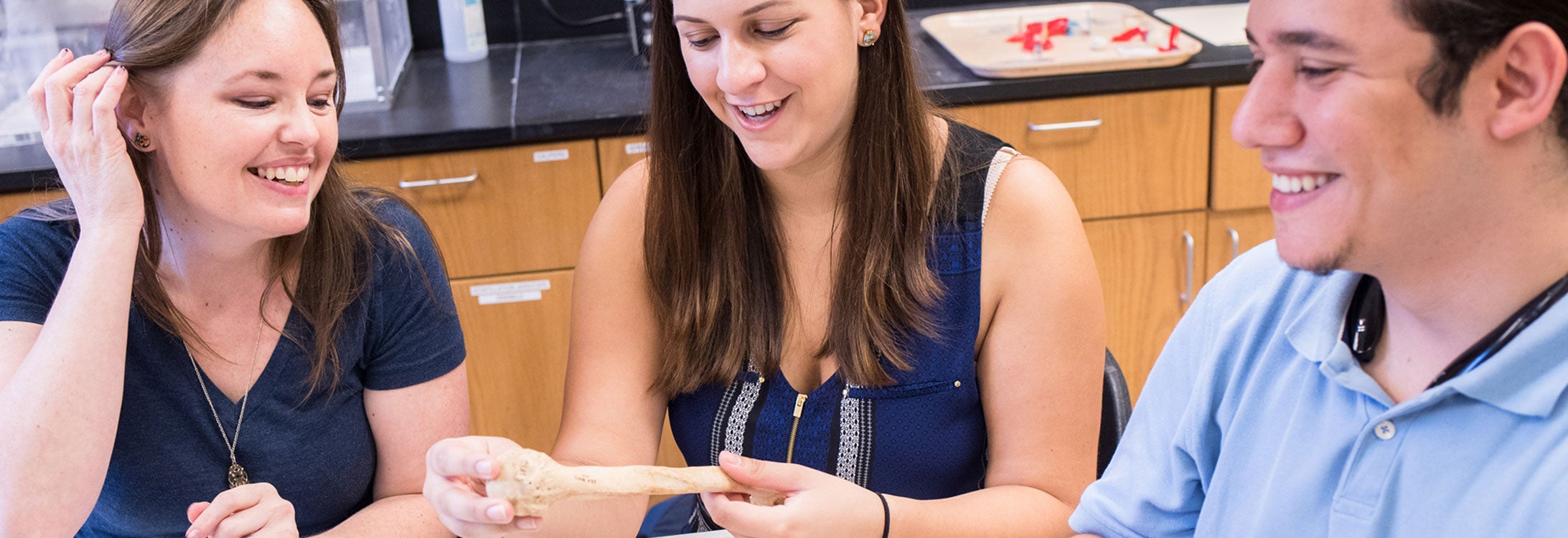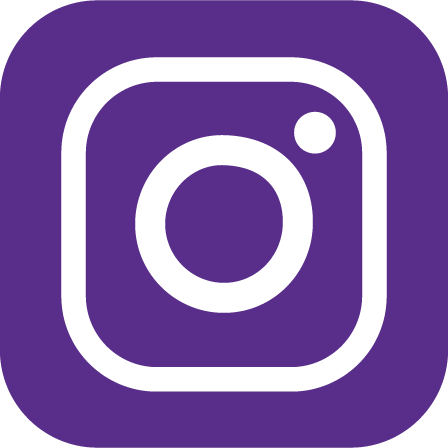Import Essentials
Importing items into the U.S. generally occurs in two ways. University members might travel to an international destination and return to the U.S. with items or research materials, or they might receive an item bought from a foreign vendor, sent from foreign research sponsors or sent from foreign academic institutions.
Examples
- A researcher goes to a university outside the U.S. and visits a research sponsor. The sponsor provides the researcher lab specimens. The researcher packs the specimens in their luggage and returns to the U.S.
- A student researcher travels to another country to assist with a professor-led study abroad program that includes assisting with an archaeological exploration. The student returns to the U.S. with several artifacts obtained from the expedition.
- A foreign research sponsor might send biological specimens to an ECU laboratory.
- A faculty member needs laboratory equipment, so they procure the equipment from a foreign vendor.
Items physically imported into the U.S., whether hand-carried or shipped by common carrier, are subject to import regulations.
U.S. Customs and Border Protection generally does not require a customs declaration for items valued less than $800. The value must either be the transaction value (the price paid/payable to the foreign vendor) or follow CBP’s valuation methodology. Additionally, CBP requires declaration when any partner government agency, such as DEA, FDA or EPA.

Important Considerations
If ECU causes an item’s import into the U.S., ECU ultimately is responsible for the correct Customs declaration and record retention. This declaration may include:
- Customs valuation
- Harmonized tariff schedule of the U.S. number
- Country of origin (Generally, where the item was manufactured or produced)
- Quantity and unit of measure
- Partner Government Agency Declaration
- Receiving and procurement records
- Customs entry documents record retention
The most likely situation is that an ECU faculty or researcher is receiving a specimen from a foreign sponsor and the specimen is being provided free of charge and will be used for research purposes only. The value that must be declared to U.S. Customs, however, is the value of similar merchandise commercially available. Records must be maintained even though there was no commercial transaction from the researcher’s perspective.
Contact the Office of Export Controls and Customs if you need assistance importing items. Also, see the Toolkit section for helpful instructions under “Receive an International Package.”




